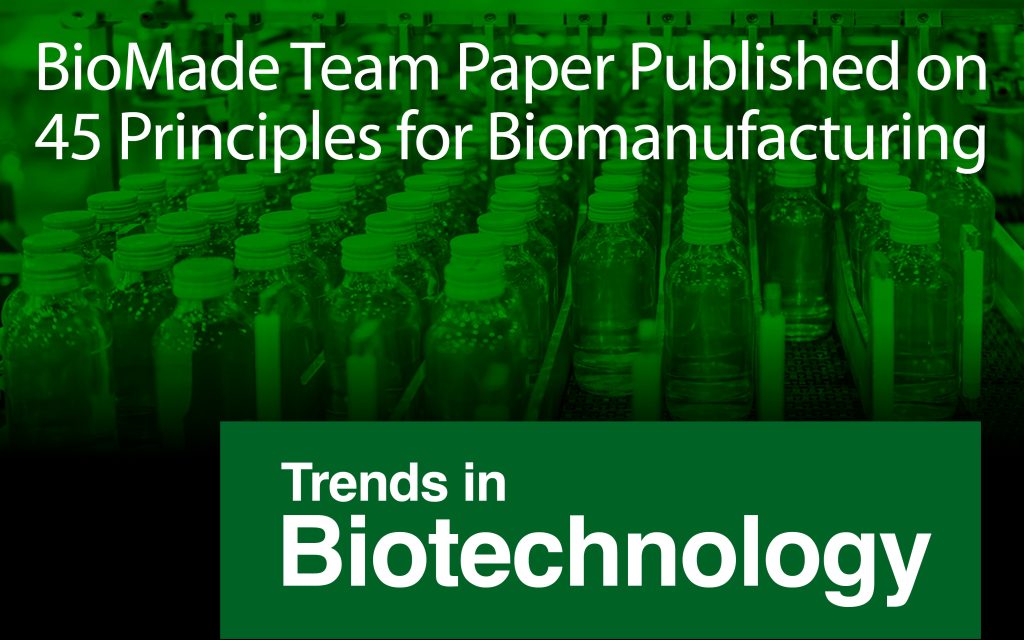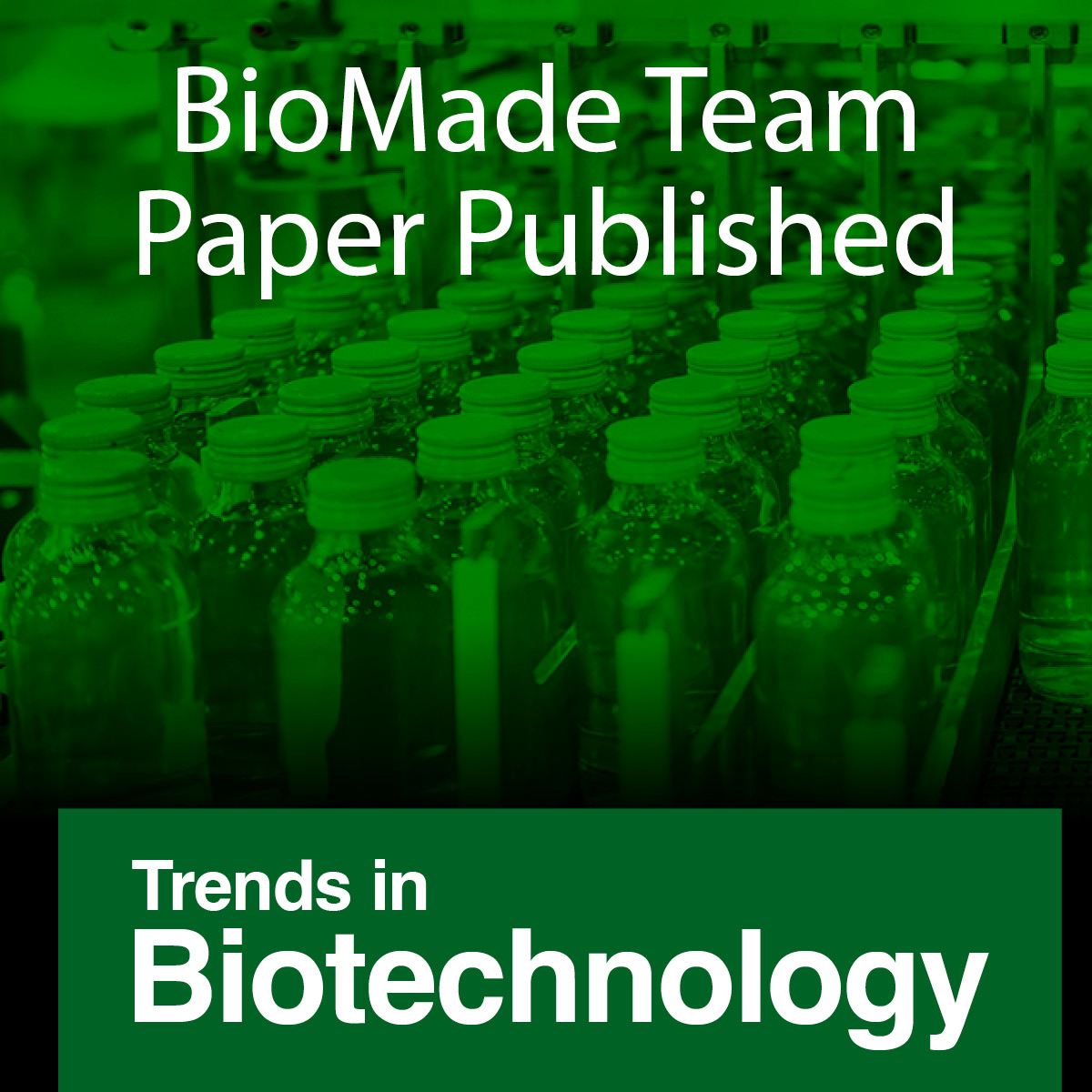
Abstract
Biomanufacturing practitioners and researchers describe the norms that should govern the growing, global field, to include safety, security, sustainability, and social responsibility. These ‘4S Principles’ should be broadly adopted so that the future of the field may provide the greatest benefits to society.
The Promise of the Bioeconomy:
Bioindustrial manufacturing will be one of the most important technologies of the 21st century, with the promise to create jobs, secure supply chains, and create environmentally sustainable materials, processes, and productsi. The USA has been a leader in this field, but peer competitor nations are closing the gap through ambitious top-down strategies with significant R&D spending and aggressive talent recruitmentii. The global bioeconomy is projected to have a US$2–4 trillion direct economic impact annually across the world by 2040, so it is critical for the USA to remain competitive in this fast-developing sector; a priority that has enjoyed bipartisan supportiii. While the benefits to job creation may be the top priority for US policymakers, it is also an exceptional opportunity to shape the future direction of the field by shaping the international norms and ethical standards for biomanufacturing. This article describes how a group of bioindustrial manufacturing companies and researchers are conceptualizing the norms that should govern the field, to include safety, security, sustainability, and social responsibility – what we have termed ‘4S Principles’ – so that the future of the field may provide the greatest benefits to society.
Keywords:
bioeconomy, safety, security, sustainability, social responsibility
Read the full paper here.
Authors
Aurelia Attal-Juncqua 1, Galen Dods 2, Nicole Crain 3, James Diggans 4, David Dodds 5, Steve Evans 2, Nick Fackler 6, Kevin Flyangolts 7, Kathleen Gibson 8, Margaret E. Kosal 9, Aditya Kunjapur 10, Russ Read 11, Brian Renda 12, Corinne D. Scown 13, Kissaou Tchedre 14, Krista Ternus 15, Beth Vitalis 2, Gigi Gronvall 1 16
1 Johns Hopkins Center for Health Security, Johns Hopkins Bloomberg School of Public Health, Baltimore, MD, USA
2 BioMADE, Twin Cities, MN, Emeryville, CA, USA
3 National Defense University, Washington, DC, USA
4 Twist Bioscience, South San Francisco, CA, USA
5 GALY Co., Boston, MA, USA
6 LanzaTech Global Inc., Skokie, IL, USA
7 Aclid Inc., New York, NY, USA
8 Logistics Management Institute (LMI), Tysons, VA, USA
9 Georgia Institute of Technology, Atlanta, GA, USA
10 University of Delaware, Newark, DE, USA
11 The National Center for the Biotechnology Workforce, Winston-Salem, NC, USA
12 Ginkgo Bioworks, Boston, MA, USA
13 University of California, Berkeley, Berkeley, CA, USA
14 Austin Community College, Austin, TX, USA
15 Signature Science, Austin, TX, USA
16 Department of Environmental Health and Engineering, Johns Hopkins Bloomberg School of Public Health, Baltimore, MD, USA

